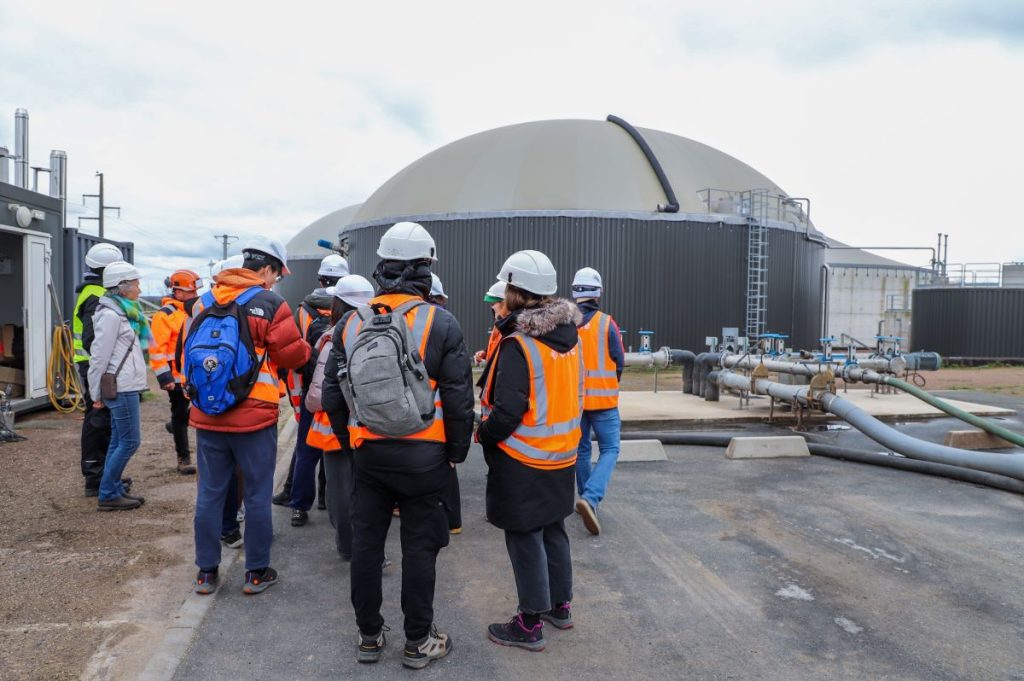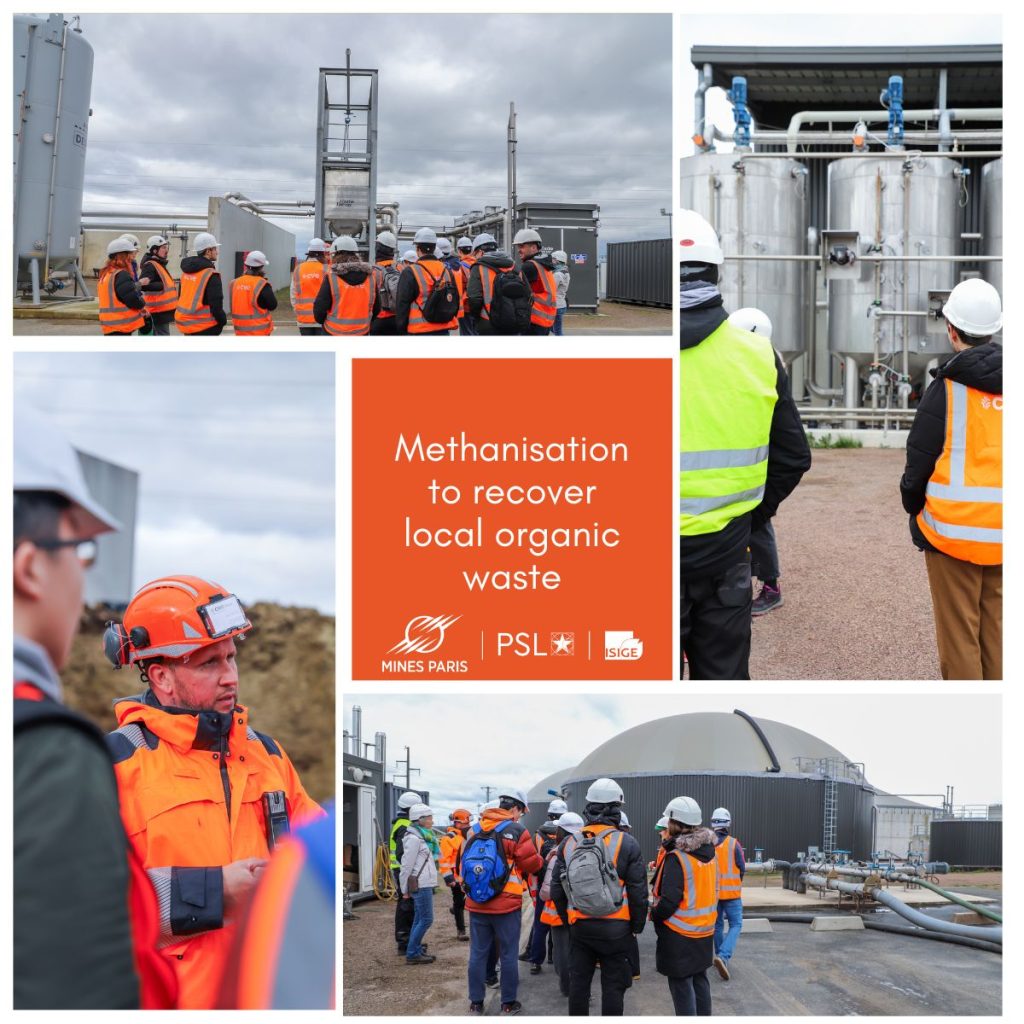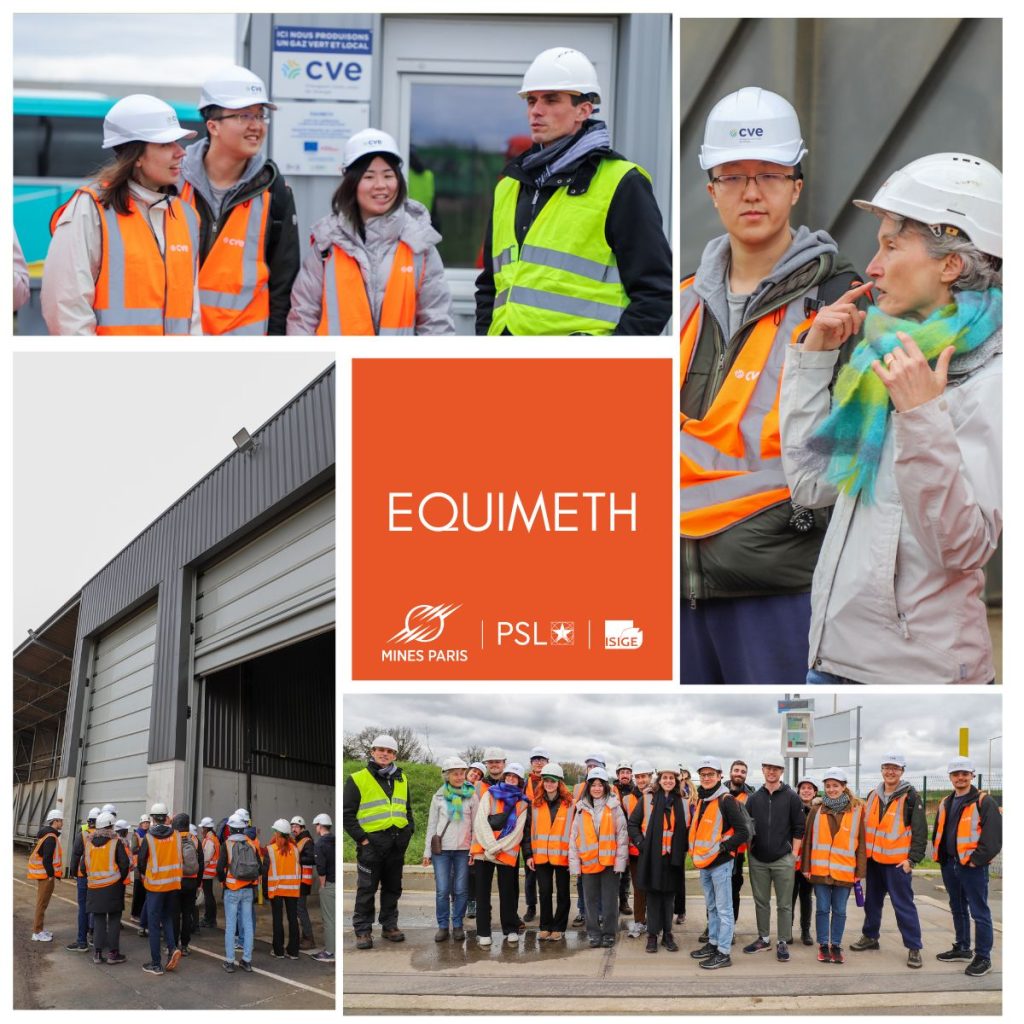Methanization to recover local organic waste

Agriculture, the wood supply chain, and the food production system all generate significant amounts of organic waste. However, these materials can be effectively integrated into local bioenergy production systems, contributing to a circular economy and sustainable resource management.




